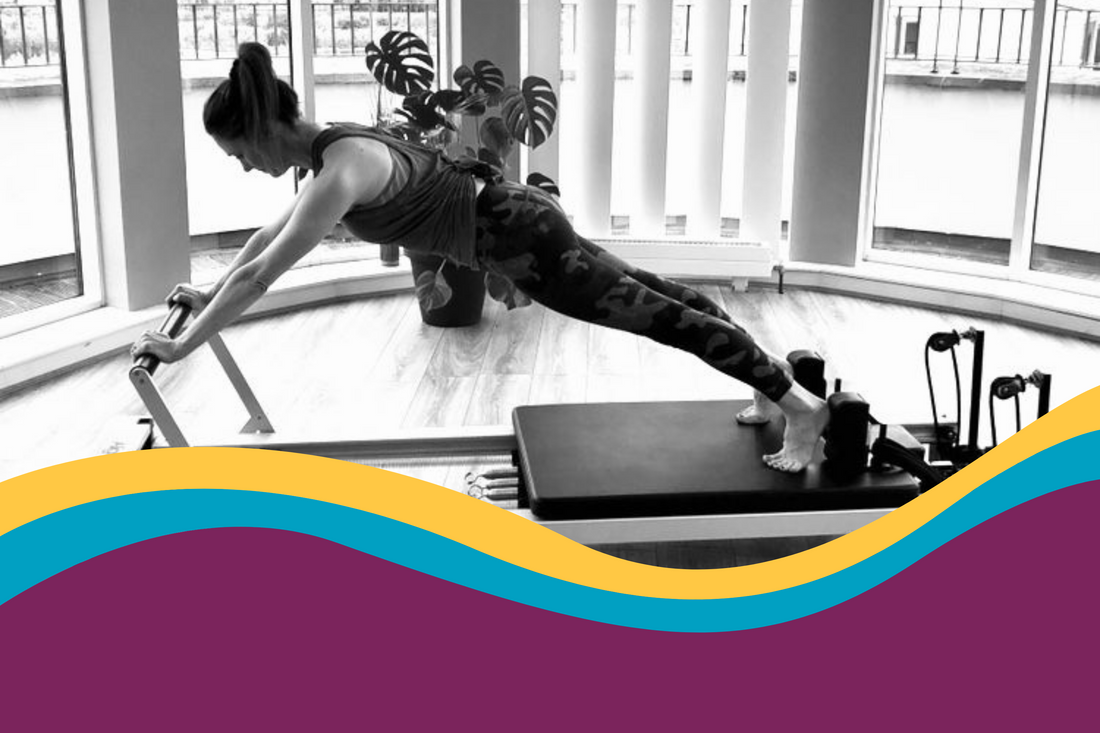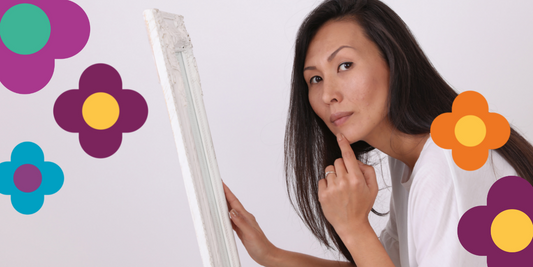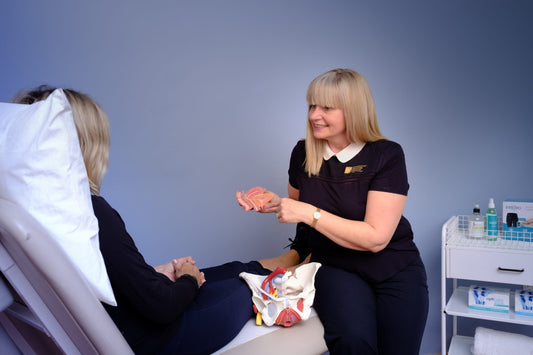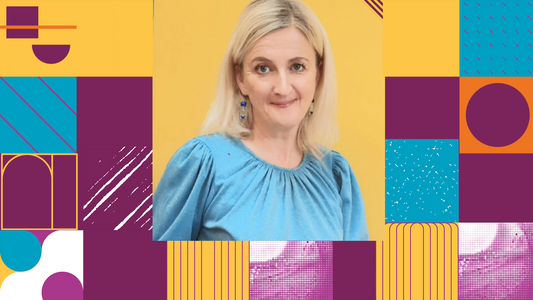Starting a Pilates regime could be a powerful investment for the years beyond your Menopause.
We don’t often think years ahead in our life, but starting a Pilates regime could be a powerful investment for the years beyond your Menopause.
Key talk Pilates with Rachel Hollywood. Rachel is a 48-year-old, perimenopausal Pilates teacher based in Dublin. She lives with her husband, 2 teenage children and her dog. Rachel has undertaken specific training on Pilates for menopause, pelvic floor health and Pilates for osteoporosis to enable her to provide additional support and knowledge to her clients.
We all know that exercise is good for us and holds many benefits for our bodies at any stage of our life. Exercise should be considered as one of the key tools in your toolbox when going through perimenopause. If you don’t currently have a specific exercise regime or think that exercise is not for you then I encourage you to try Pilates.
Pilates is a low impact exercise method which strengthens muscles whilst improving postural alignment and flexibility. Pilates targets the ‘core’ but works the whole body. It strengthens and stabilises the core, which is your body’s foundation so that you can move more efficiently whilst improving your flexibility, strength, mobility and balance. It can help correct misalignment or inaccurate movement patterns in the body and helps to reduce the risk of injury. There is also evidence that Pilates can provide some level of pain relief for non-specific lower back pain. Pilates also aims to improve your posture which can have a significant impact on your body, for example when you’re slumped and shrunk down pressure is put on your lower back meaning an increased chance of back pain, poor digestion and an inability to breathe effectively.
Pilates exercises are orientated towards functional fitness and strength, meaning that Pilates teaches you to move better and become more body-aware in your day to day activities, enhancing your performance or reducing the risk of injury whether you are exercising or performing activities such as carrying shopping bags, gardening etc.
In relation to perimenopause, we know that this stage of life comes with a wide range of symptoms due to the decline of the hormone oestrogen in our body. This impacts the body in many ways, some of which you may experience and others you won’t, as every woman’s experience is unique.
The more common and well know symptoms of perimenopause include, lack of energy, changes to your sleep pattern, the inability to lose weight, hot flashes, brain fog, loss of libido, vaginal dryness, hair loss, anxiety and increased stress levels. Some of the less well-known symptoms include pelvic floor issues, urinary tract infections, increased pain levels due to the loss of our natural inflammatory system, joint pains, itchy skin, decrease in bone mass, loss of muscle mass and strength, coordination and balance issues, palpitations, heartburn, watery eyes (this is my particular symptoms at the moment!) and migraines.
Several conditions seem more prevalent in peri and menopausal women such as plantar fasciitis, IBS, fibromyalgia, Achilles tendonitis, Carpal Tunnel syndrome and frozen shoulder to name a few. These conditions can be helped with a targeted Pilates program.
Pilates can be the perfect exercise for perimenopausal women as it is low impact (but that’s not to say you won’t work hard!), incorporates breathing exercises (which can help reduce stress and anxiety and can improve sleep), increases muscle strength, works the pelvic floor, improves balance, and helps to improve or maintain bone mineral density (especially important for postmenopausal women). Pilates movements lengthen your body and this might help relieve soreness. Stretching is thought to help with blood flow and the delivery of nutrients to muscles and tendons. Better circulation may also serve to relieve aches and stiffness in joints.
Pilates can be done in a group setting, for example in your local Pilates studio or in a local hall/community centre or via Zoom. This would take the form of a mat class where your own body weight is used to execute the exercises. Small props can be added such as a stretchy band, hand weights, Pilates balls etc. Reformer Pilates is done in a studio using the Reformer, a machine that adds resistance to exercises using springs to strengthen the body. A 1:1 Pilates session is an excellent way to work individually with an instructor who can build a programme that specifically targets your needs – perfect if you’re new to Pilates and want to get used to the equipment before joining a class or if you have a particular concern/condition that you want to address. Pilates classes vary from beginners to more advanced so you should have no problem finding a class that suits you.
@rachelhollywoodpilates
For 10% off your first order of any KeyForHer.com / Key For Her product, use this discount code KEY10













